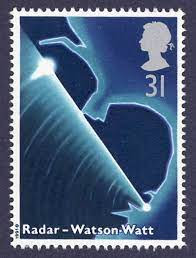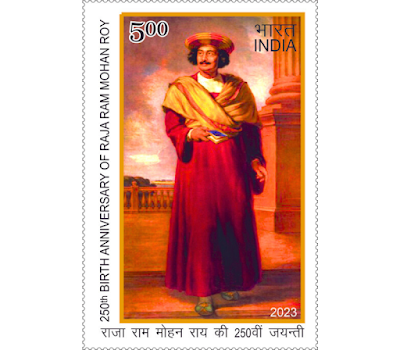Bophuthatswana was one of several so-called "homelands" established by the apartheid government of South Africa. It was granted self-governance in 1972 but was not recognized internationally as an independent state.
Bophuthatswana remained part of the apartheid system until the end of apartheid in the early 1990s. With the end of apartheid and the transition to majority rule, Bophuthatswana was reintegrated into South Africa. The dissolution of Bophuthatswana took place in 1994 when the new democratic government of South Africa abolished the system of Bantustans. South Africa held its first fully inclusive democratic elections in 1994, marking the end of apartheid and the beginning of a new era in the country's history.









